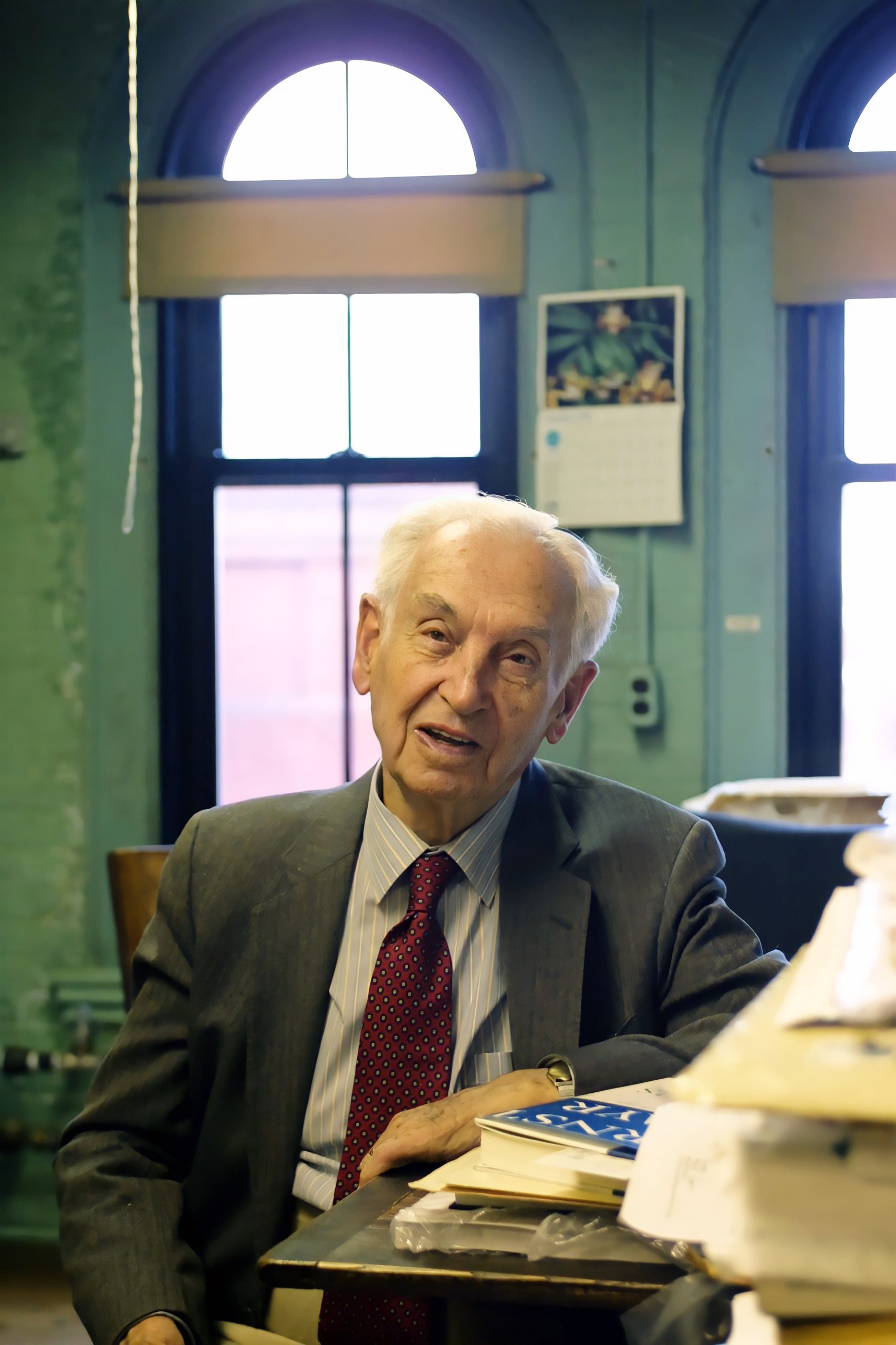Ernst Mayr: The Architect of Modern Evolutionary Biology
Ernst Walter Mayr (1904-2005) was a renowned evolutionary biologist, taxonomist, and historian of science whose contributions significantly shaped modern evolutionary theory. Born on July 5, 1904, in Kempten, Germany, Mayr’s early fascination with nature and birds steered him towards a career in zoology. His work bridged classical taxonomy and the emerging field of evolutionary biology, making him one of the 20th century’s most influential biologists.
Mayr’s academic journey began at the University of Greifswald, where he initially studied medicine. However, his passion for ornithology led him to switch his focus to zoology. He completed his doctorate in 1926 at the University of Berlin under the mentorship of the distinguished ornithologist Erwin Stresemann. Mayr’s early work included extensive field studies and the collection of bird specimens, which laid the groundwork for his future research.
In 1928, Mayr embarked on a series of expeditions to New Guinea and the Solomon Islands, where he meticulously documented the region’s avian diversity. These expeditions provided valuable insights into speciation and the geographic distribution of species, significantly enhancing the understanding of biogeography. Mayr’s fieldwork culminated in the discovery and description of numerous new bird species, solidifying his reputation as a leading ornithologist.
One of Mayr’s most significant contributions to science was his formulation of the biological species concept. Published in his influential book Systematics and the Origin of Species (1942), this concept defined a species as a group of interbreeding populations reproductively isolated from other such groups. Mayr’s work emphasized the role of reproductive isolation in the formation of new species, a key component in the understanding of speciation.
Mayr was also a central figure in the modern evolutionary synthesis, a mid-20th-century effort to integrate Darwinian natural selection with Mendelian genetics. His advocacy for the importance of population thinking—viewing populations as the fundamental units of evolution—helped bridge the gap between classical and modern evolutionary theories. This synthesis unified various biological disciplines, including genetics, paleontology, and systematics, providing a comprehensive framework for understanding evolutionary processes.
Throughout his career, Mayr published extensively on topics ranging from taxonomy and systematics to evolutionary theory and the philosophy of biology. His books, such as Animal Species and Evolution (1963) and The Growth of Biological Thought (1982), are considered seminal works in evolutionary biology. Mayr’s emphasis on the importance of biological diversity and his detailed studies of speciation have had a lasting impact on conservation biology and biodiversity research.
Beyond his scientific contributions, Mayr was a passionate educator and advocate for science. He spent much of his career at Harvard University, where he influenced generations of biologists through his teaching and mentorship. His dedication to the history and philosophy of biology also enriched the field, providing valuable perspectives on the development of biological thought.
Curiously, Mayr’s longevity allowed him to witness and contribute to nearly a century of biological research. His reflections on the changes in the field over his lifetime provide a unique and invaluable perspective on the evolution of evolutionary biology itself.
Ernst Mayr passed away on February 3, 2005, in Bedford, Massachusetts, at the age of 100. His legacy as a foundational figure in evolutionary biology endures, reflected in the continued relevance of his work on species concepts, speciation, and evolutionary theory. Mayr’s contributions have profoundly influenced the study of life’s diversity and the processes that drive evolution, cementing his place as a giant in the history of biology.
#ErnstMayr #EvolutionaryBiology #Speciation #BiologicalSpeciesConcept #ModernSynthesis #Taxonomy #Ornithology #Biodiversity #ScientificDiscovery #BiologyPioneer
